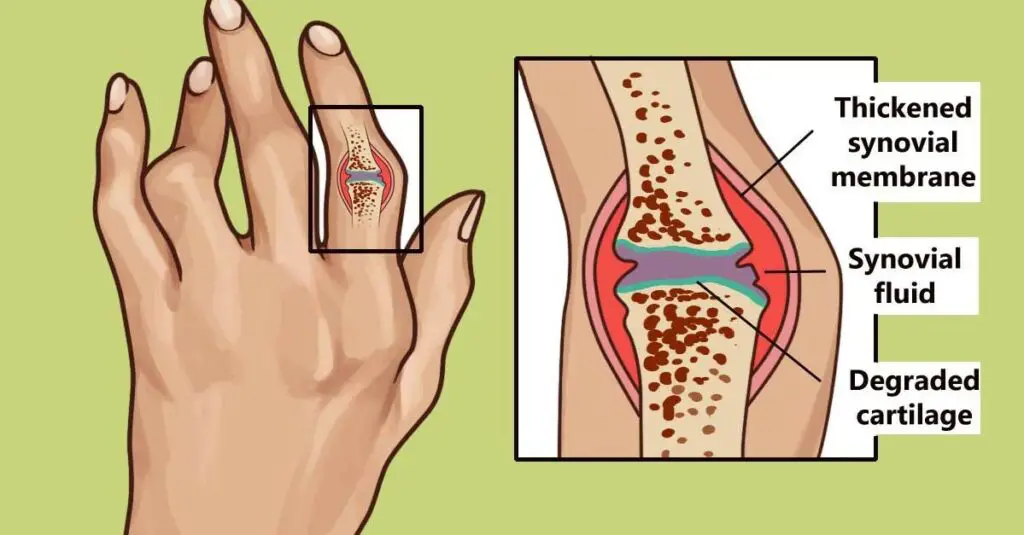Friendships are an essential aspect of life, shaping our experiences, providing support, and contributing to our overall well-being. We often hear about the joys of friendship, the laughter, sharing, and building of memories. But just as much as they can be sources of light, they can also sometimes cast shadows, affecting our mental health and happiness in profound ways.
The term ‘toxic friendship’ may sound harsh, but when a relationship becomes toxic, it can be as detrimental as any other form of abuse. This piece aims to shed light on the subtle, yet impactful signs of a friendship gone sour. By being aware of these indicators, you can protect yourself from harmful dynamics that could be quietly eroding your mental health.
But before we dig into the signs, what exactly is a toxic friendship? This type of relationship is characterized by a consistent and significant imbalance, often featuring negative, harmful, or emotionally painful behavior from one or both friends. It can include manipulation, excessive criticism, a lack of support, and even betrayal. Recognizing the signs early is key to addressing the issue or, if necessary, stepping away to protect your well-being.
Introduction
Friendships are like plants. They require care, attention, and the right environment to thrive. When a friendship becomes toxic, it’s as though weeds have appeared, strangling the healthy growth. But how can you tell if your friendship has taken an unhealthy turn? This blog post will explore 10 red flags that could indicate a toxic friendship, the damage they can cause, and provide advice on how to address them.
Before we start, it’s important to understand that toxic friendships aren’t just uncomfortable or occasionally negative; they can have a significant and lasting negative impact on your life. This impact varies from person to person but can extend to your self-esteem, your personal goals and dreams, and even your mental health.
1. Constant Negativity
One of the most obvious red flags of a toxic friendship is when it feels like a never-ending stream of complaints, criticisms, or negativity. It’s natural for friends to share in each other’s highs and lows, but in a toxic friendship, the balance is continuously tipped towards the negative.
This constant negativity can impact your outlook on life, perpetuating a sense of hopelessness or dissatisfaction. If you find yourself feeling worse after spending time with this friend, it’s a clear sign that their influence is not positive.
2. Lack of Support
Friends are meant to be a source of support. Whether you’re pursuing a new career or navigating a breakup, knowing you have a shoulder to lean on is invaluable. In a toxic friendship, this support system is either non-existent or one-sided, with you providing all the support while receiving none in return.
The lack of support can leave you feeling isolated or undervalued. This friendship dynamic undermines the mutual trust and care that should be at the core of any healthy friendship.
3. Manipulative Behavior
Manipulation can be difficult to spot, especially when it’s coming from someone you care about. It can come in many forms, including guilt trips, coercion, or passive-aggressive behavior. This manipulation is often a tool used to control you or the relationship.
Pay attention to your feelings after interacting with this person. If you feel confused, upset, or like you’re always trying to ‘guess the rules’, it’s a clear sign of manipulative behavior.
4. One-Sided Relationship
A friendship should be a balanced give and take. You both should feel like you contribute to and benefit from the relationship equally. In a toxic friendship, this balance is skewed, and one person is often doing most of the giving, while the other does most of the taking.
If you’re the one always initiating plans, checking in, or making the effort to maintain the friendship, it might be time to evaluate whether this friendship is truly reciprocal.
5. Jealousy and Competition
A little friendly competition can be healthy, but when it borders on jealousy or becomes a benchmark for self-worth, it’s a problem. In a toxic friendship, your friend may feel threatened by your successes and work to undermine them in subtle ways.
They might downplay your achievements, compete with you unnecessarily, or even try to sabotage your efforts. This kind of behavior erodes trust and makes it difficult to celebrate each other’s successes genuinely.
6. Gaslighting
Gaslighting is a form of psychological manipulation that makes you doubt your own perceptions and even your sanity. This can be one of the most insidious forms of manipulation in a toxic friendship, as it’s often so subtle that you don’t realize it’s happening.
If your friend consistently denies things they’ve said or done, shifts the blame on you, or tells you that you’re too sensitive, it’s a red flag for gaslighting behavior.
7. Lack of Boundaries
Healthy friendships have clear boundaries. These boundaries can include physical space, emotional support, and respect for each other’s time and commitments. In a toxic friendship, these boundaries are often crossed without your consent or negotiation.
You might notice a friend who invades your personal space, demands your time without consideration, or shares your private information without permission. This lack of respect for your limits is a clear sign of a toxic dynamic.
8. Feeling Drained or Stressed
A friendship should leave you feeling energized and supported. However, in a toxic relationship, the opposite is often true. Spending time with this friend may leave you feeling exhausted, anxious, or even physically unwell.
Toxic friends often bring a lot of drama and stress into your life, which can have long-term health implications. If the thought of interacting with your friend fills you with dread, it’s an indication that the friendship is taking a significant toll on you.
9. Difficulty Being Yourself
A true friend allows you to be yourself without judgment or pressure to conform. If you find that you’re constantly putting on a front, censoring your thoughts, or modifying your behavior to please your friend, it could indicate a toxic dynamic.
Being unable to be your authentic self can lead to feelings of inadequacy or loneliness, as you’re not being loved and appreciated for who you truly are.
10. Trust Issues
Trust is the foundation of any healthy friendship. In a toxic relationship, this trust is often violated or tested regularly. Whether it’s through gossiping, betraying confidences, or making promises that are consistently broken, these actions erode the trust between you.
If you find it difficult to confide in your friend or you always have a nagging feeling that they’re not being honest with you, it’s a sign that the friendship is not built on a solid foundation.
Final Thought
Recognizing a toxic friendship can be the first step in addressing the problem. It’s essential to your mental well-being to surround yourself with people who lift you up, support you, and bring positivity into your life. It can be hard to acknowledge that someone you care about isn’t good for you, but it’s an important part of taking care of yourself.
Confronting a toxic friendship can be challenging, and the path forward will be unique to your situation. Whether it’s setting boundaries, having a heart-to-heart, or ultimately stepping back from the relationship, prioritize what’s best for you. Your happiness and mental health are worth it.








